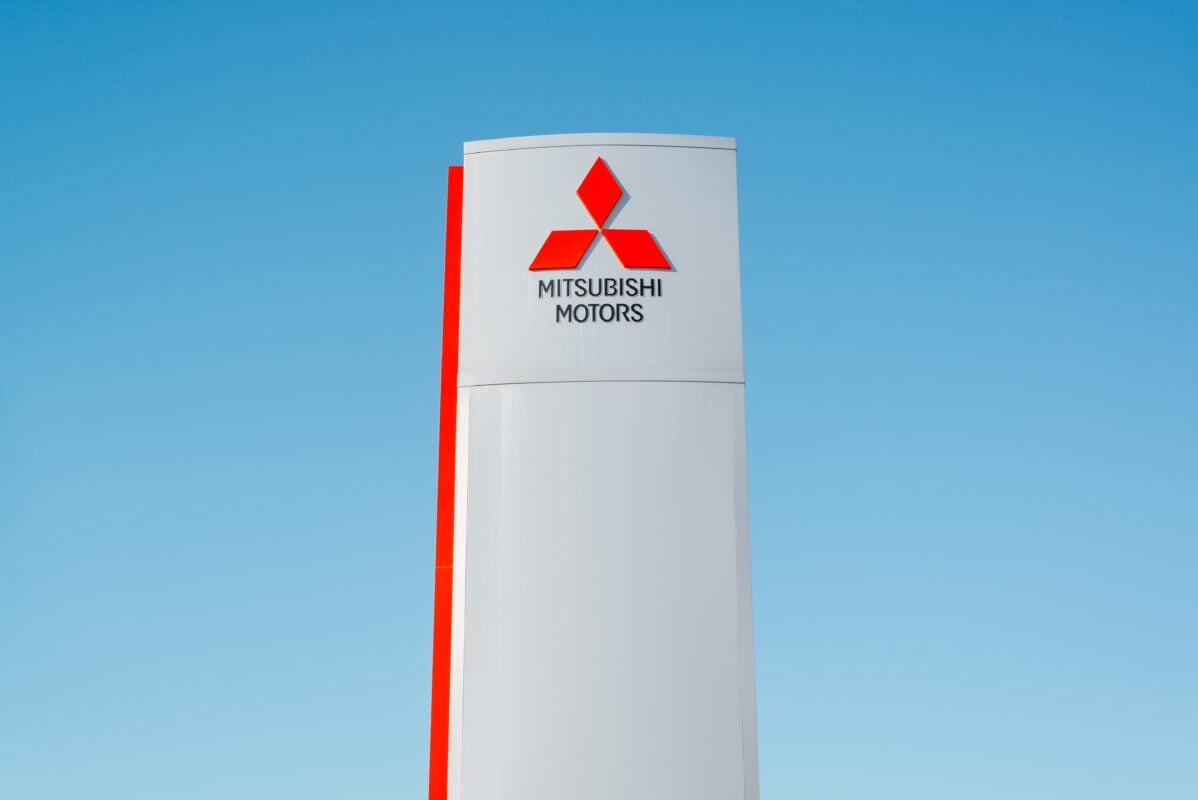TLDRs;
Contents
- Foxconn and Mitsubishi Fuso partner on ZEV buses, launching prototypes Model T and Model U for future commercialization.
- Foxconn diversifies into EVs as part of its “3 plus 3” strategy, expanding from electronics into mobility, robotics, and healthcare.
- Electric bus adoption is outpacing passenger EV growth, with Europe recording over 5,300 new battery-electric bus registrations in H1 2025.
- The collaboration taps into strong fleet demand, leveraging Foxconn’s manufacturing efficiency and Mitsubishi Fuso’s commercial vehicle expertise.
Hon Hai Technology Group, widely recognized as Foxconn, has deepened its footprint in the electric vehicle (EV) sector through a new partnership with Mitsubishi Fuso Truck and Bus Corporation (MFTBC).
The two companies signed a memorandum of understanding (MOU) to jointly develop and commercialize zero-emission (ZEV) buses, marking a significant step toward sustainable urban transportation.
The agreement involves the companies’ subsidiaries, Foxtron Vehicle Technologies and Mitsubishi Fuso Bus Manufacturing Co. ,and will begin with the production of prototype vehicles known as Model T and Model U. These prototypes will serve as the foundation for a broader rollout of zero-emission buses in global markets.
We have signed an MOU with Mitsubishi Fuso Truck and Bus Corporation (MFTBC) and its subsidiary Mitsubishi Fuso Bus Manufacturing (MFBM), together with our subsidiary Foxtron Vehicle Technologies, to accelerate the development of zero emission buses (ZEVs). pic.twitter.com/kFvfy9N7tg
— Hon Hai Technology Group (Foxconn) (@HonHai_Foxconn) August 22, 2025
Leveraging expertise from both partners
Foxconn, best known for manufacturing consumer electronics such as Apple’s iPhones, has been aggressively diversifying its business lines. Electric vehicles are a central part of its “3 plus 3” strategy, which highlights EVs, robotics, and digital healthcare as priority industries.
Partnering with MFTBC, a well-established Japanese commercial vehicle manufacturer majority-owned by Daimler Truck AG, provides Foxconn with immediate access to the global bus market.
MFTBC brings decades of experience in large-scale commercial vehicle production, including its Super Great Truck line equipped with SAE Level 2-equivalent driving support systems.
Tapping into surging electric bus demand
The timing of the collaboration coincides with a surge in global demand for electric buses. In Europe alone, more than 5,300 battery-electric buses were registered in the first half of 2025, representing a 41% year-over-year increase. Analysts project that Europe could have more than 100,000 zero-emission buses and coaches on the road by 2030.
This rapid adoption is outpacing passenger EV uptake in many regions, making commercial vehicles an attractive entry point for new players in the automotive sector.
For fleet operators, the total cost of ownership of electric buses often proves more favorable than diesel alternatives. This creates a compelling business case for Foxconn and Mitsubishi Fuso to push aggressively into the space.
Building momentum in EV partnerships
This latest MOU is not Foxconn’s first move in the automotive market. In May 2024, its EV subsidiary Foxtron signed an agreement with Mitsubishi Motors to co-develop an electric model for Australia and New Zealand, targeted for release in 2026.
The collaboration will also explore opportunities to introduce both Japan-made internal combustion engine buses and zero-emission buses into target export markets, diversifying product offerings to meet different infrastructure and regulatory conditions.
“Through this initiative, the companies will provide products that meet a wider range of needs in the rapidly evolving bus market and achieve sustainable business growth,” Hon Hai said in a statement
The announcement underscores how electronics giants are repositioning themselves as mobility providers. By leveraging existing global supply chains and manufacturing efficiency, Foxconn can enter the automotive industry without the traditional capital-heavy approach of starting from scratch.
A race toward cleaner cities
As cities worldwide set ambitious climate targets and tighten emissions regulations, zero-emission buses are expected to play a pivotal role in reducing urban pollution.
The Foxconn–Mitsubishi Fuso partnership illustrates how legacy automakers and new entrants are converging to accelerate this transition.
For Foxconn, the move reinforces its ambition to become more than just a contract electronics manufacturer. For Mitsubishi Fuso, it provides a technological partner capable of scaling production and integrating advanced digital systems into next-generation commercial vehicles.


